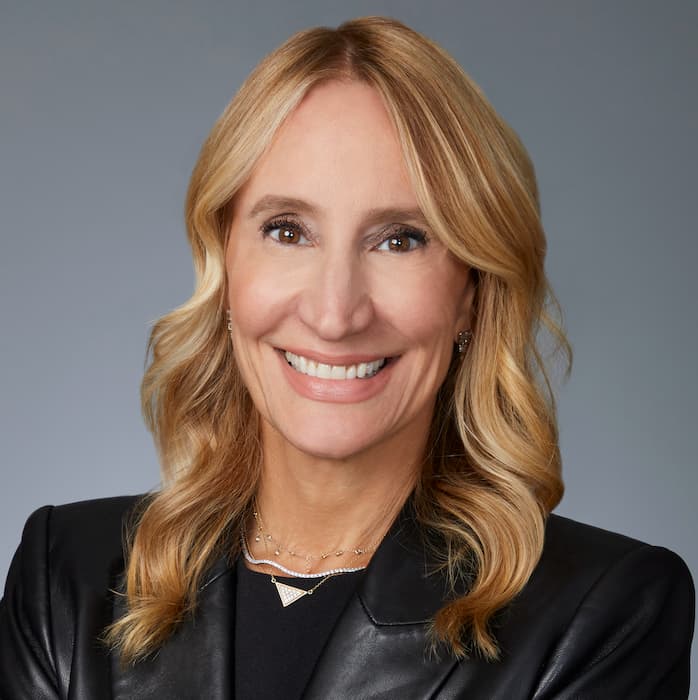As 2025 unfolds, many HR leaders may find themselves in a challenging spot: facing more intense responsibilities tending to the needs of the workforce along with increased expectations from senior leadership and boards of directors—all in an environment of rapid change and uncertainty.
In HR Executive’s recent What’s Keeping HR Up at Night? survey of about 400 HR professionals, more than 48% of respondents said their stress levels increased somewhat in 2024; nearly 28% said stress spiked dramatically.
Respondents cited everything from the tight labor market to the pace of technological advancements and global economic uncertainty as driving up their stress levels. One person wrote they struggle to “instill a growth mindset within individuals to foster adaptability and resilience.”
The impact of change is not only revving up HR stress—but redefining what HR leadership will mean in the future.
Excellence in HR leadership “continues to evolve” as the context is “constantly changing,” says Monique Herena, chief colleague experience officer at American Express and a newly inducted Fellow of the National Academy of Human Resources.
4 must-haves for future HR leadership
What are the attributes of exemplary HR leadership of the future? Herena offers four capabilities HR leaders need to embrace:
Sharp business acumen

Staying attuned to organizational strategy has long been key for the most successful HR leaders—and it will become even more critical as the function continues to elevate.
“Business leadership is not a nice-to-have for HR excellence—it’s a requirement to lead your way through HR and create real long-term value for the firm that has an impact for the organization, especially at scale,” Herena says.
HR leaders must strive to not only understand business objectives but to design HR strategies around them.
“The people strategy needs to stem from the business strategy, support it and help accelerate it,” she says, noting American Express’ HR strategy is “completely integrated” into the business strategy—with approaches to compensation, skills, development, technology and more tailored to broader organizational goals.
“You have to understand the business at a pretty deep level to make sure you’re making the right investments,” Herena says.
Willingness to embrace change
Given the pace of change today, HR leaders need also to be “courageous change leaders,” Herena says. That entails coaching HR teams on how to lead change with transparency, make decisions grounded in data, pivot where needed—without ego, Herena notes—and focus on continuous improvement.
“As HR leaders, we have to be walking the talk and not being afraid to make bold decisions—while taking the organization along with us,” she says. “We’re not just a partner to the business on change; we can lead.”
Ability to marry the theory and practice of HR
HR leaders need to be cognizant of the theories underlying effective people management while also focusing on the practicality of putting them into practice.
For instance, Herena says, she is “very much a systems thinker,” and leads HR decision-making—about everything from compensation to culture—from the lens of how changes in one area of the business will impact its other functions, to “drive as one system that goes further, faster.”
Continuous education—both through formal avenues and on-the-job learning—will be critical for future HR leadership success. Herena was CHRO of Bank of New York Mellon when she returned to school for a second master’s degree, in organizational psychology and change leadership at Columbia University.
“I wanted to get more grounded in the science piece to apply with my team,” she says. “We have to each continue to learn because there’s a real science and art in the practice of HR.”
A caring mindset
The “key to the universe” of future HR leadership, Herena says, is embracing empathy and authenticity.
“People throw those words around a lot, but the real secret to excellence is that you have to care about other people,” she says.
At American Express, that goal is illustrated by the fact that all employees are called “colleagues”—a word also in Herena’s title. “We’re not just helping them perform at their best for our customers and consumers, but we help them be at their best as human beings,” she says, by focusing on holistic wellbeing—including physical, financial and mental health.
Making the colleague experience at American Express more consumer-grade—ensuring the workforce has all the tools they need and the support that can enable them to bring their best selves to the job—requires that HR lead with employees’ best interests in the driver’s seat.
“HR excellence is modeling that, saying, ‘Hold on, we’re talking about our people. What have they been through? What do they need? Are we grounded in our values?’ ” Herena says. “Showing up authentically opens up tons of space for other people to do that too.”
Related: Read more takeaways from our recent survey.
The post 4 new models of HR leadership excellence—and how to strive for them appeared first on HR Executive.